Understanding Legal Codes in Virginia
Legal codes in Virginia play a crucial role in shaping the state’s legal system. These codes encompass a wide range of laws and regulations that govern various aspects of life in Virginia. From criminal law to family law, understanding these legal codes is essential for both residents and legal professionals.
By delving into the legal codes of Virginia, individuals can gain insight into the rights and responsibilities that apply to them. Whether it’s navigating a contract or resolving a dispute, a solid understanding of Virginia’s legal codes can empower individuals to make informed decisions and advocate for their rights.
Role of Legal Codes in Virginia
The legal codes in Virginia encompass a wide range of statutes and regulations that govern various aspects of life in the state. These codes are designed to maintain order, protect individual rights, and ensure justice for all residents.
Importance of Understanding Legal Codes
Understanding legal codes in Virginia is essential for individuals to know their rights and obligations under the law. It helps prevent legal disputes, ensures fair treatment, and promotes a harmonious society.
Types of Legal Codes in Virginia
Virginia’s legal codes cover a broad spectrum of laws, including criminal offenses and civil procedures. These codes are categorized to address different legal matters and provide guidelines for legal actions.
Overview of Criminal Offenses
The legal codes in Virginia outline various criminal offenses, such as theft, assault, and drug-related crimes. Understanding these codes is crucial to avoid committing illegal acts and facing criminal charges.
Civil Procedures
Civil procedures in Virginia legal codes govern disputes between individuals, businesses, and organizations. These procedures outline the process for resolving civil conflicts through litigation or alternative dispute resolution methods.
Rights and Obligations in Virginia
Legal codes in Virginia also address rights and obligations related to property, contracts, and other legal matters. Understanding these codes empowers individuals to protect their interests and comply with legal requirements.
Property Rights and Laws
Property rights in Virginia legal codes protect individuals’ ownership and possession of real estate and personal property. Understanding these laws is essential for property owners to safeguard their assets and resolve property-related disputes.
Contract Laws and Regulations
Contract laws in Virginia govern agreements between parties and outline the rights and obligations of each party. Complying with these laws is crucial to ensure the validity and enforceability of contracts in legal disputes.
Empowering Individuals through Legal Knowledge
Legal knowledge is a powerful tool that empowers individuals to protect their rights, make informed decisions, and navigate the legal system with confidence. Understanding legal codes in Virginia is essential for individuals to assert their rights and fulfill their obligations under the law.
Frequently Asked Questions
Here you can find answers to commonly asked questions about Understanding Legal Codes in Virginia.
What are legal codes in Virginia?
Legal codes in Virginia are a system of laws enacted by the state legislature that regulate various aspects of life in the state, including criminal law, civil law, and administrative procedures.
How are legal codes in Virginia enforced?
Legal codes in Virginia are enforced by various agencies, including law enforcement officials, courts, and regulatory bodies. Violations of legal codes can result in penalties, fines, or imprisonment.
Where can I find legal codes in Virginia?
Legal codes in Virginia can be found in the official Code of Virginia, which is available online and in print. The code is organized by topic and includes statutes, regulations, and other legal provisions.
What is the role of legal codes in Virginia?
Legal codes in Virginia serve to establish and maintain order in society by setting standards of conduct, defining rights and responsibilities, and providing a framework for resolving disputes. They help to ensure fairness, justice, and accountability in the legal system.
How often are legal codes in Virginia updated?
Legal codes in Virginia are updated regularly to reflect changes in laws, court decisions, and societal norms. Updates may be made through new legislation, administrative regulations, or judicial interpretations.
Why is it important to understand legal codes in Virginia?
Understanding legal codes in Virginia is essential for individuals, businesses, and organizations to navigate the legal system, comply with legal requirements, protect their rights, and avoid legal pitfalls. It empowers people to make informed decisions and advocate for themselves in legal matters.

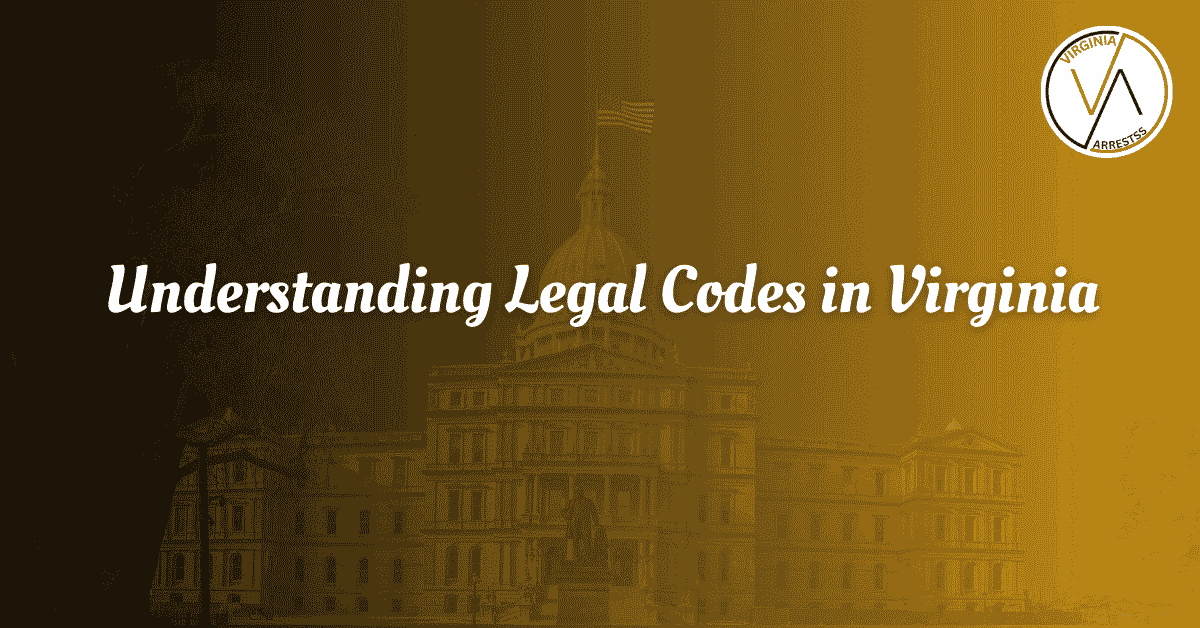
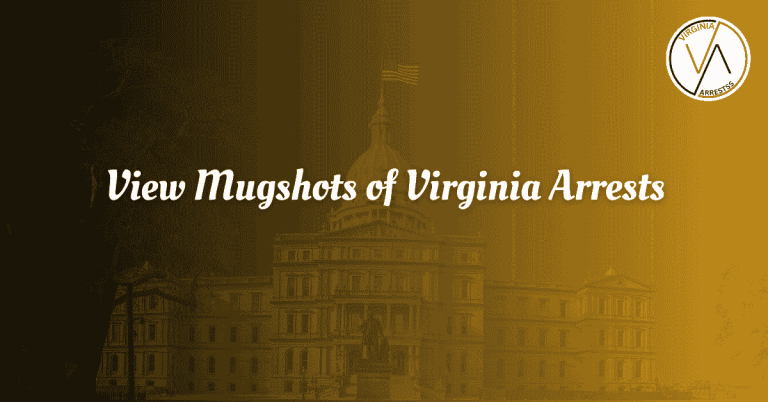
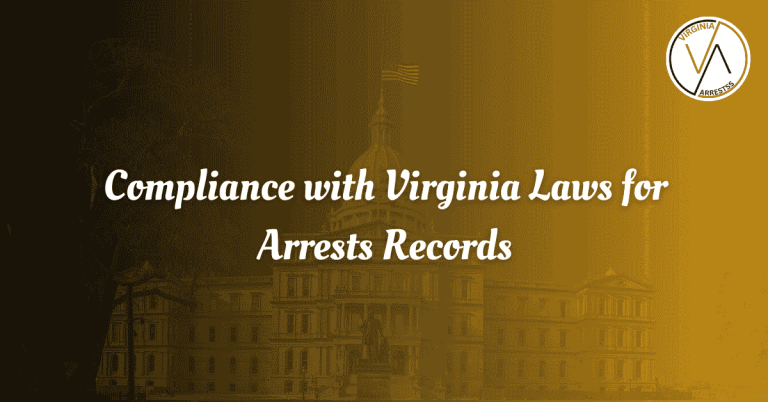

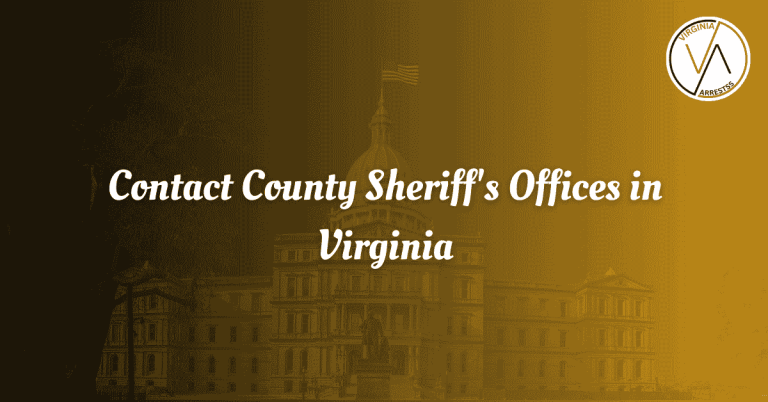
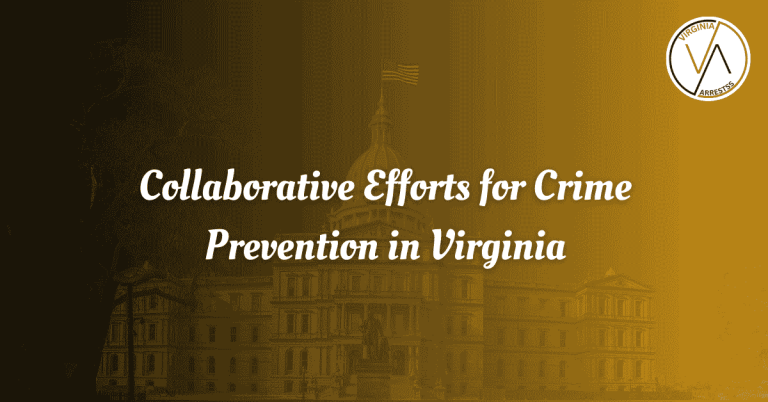
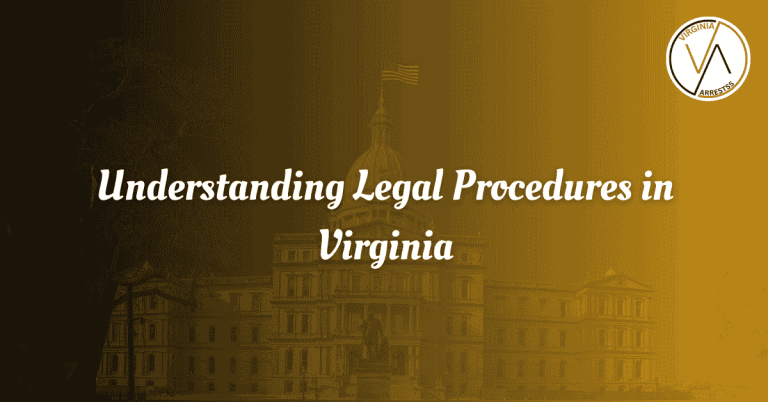
A quote that resonates with the post is from Justice Oliver Wendell Holmes Jr.: “The life of the law has not been logic; it has been experience.”
This quote highlights the importance of legal codes as they are not just a collection of rules but are shaped by the experiences and needs of the society they serve. In Virginia, the legal codes reflect the historical, cultural, and social context of the state, influencing how justice is administered and how citizens interact with the law. The evolution of these